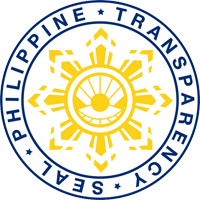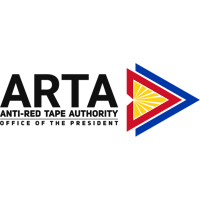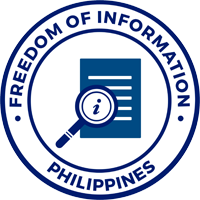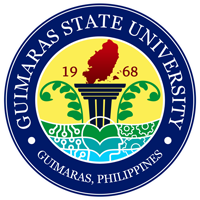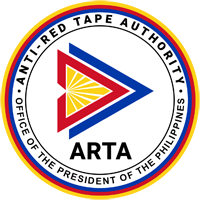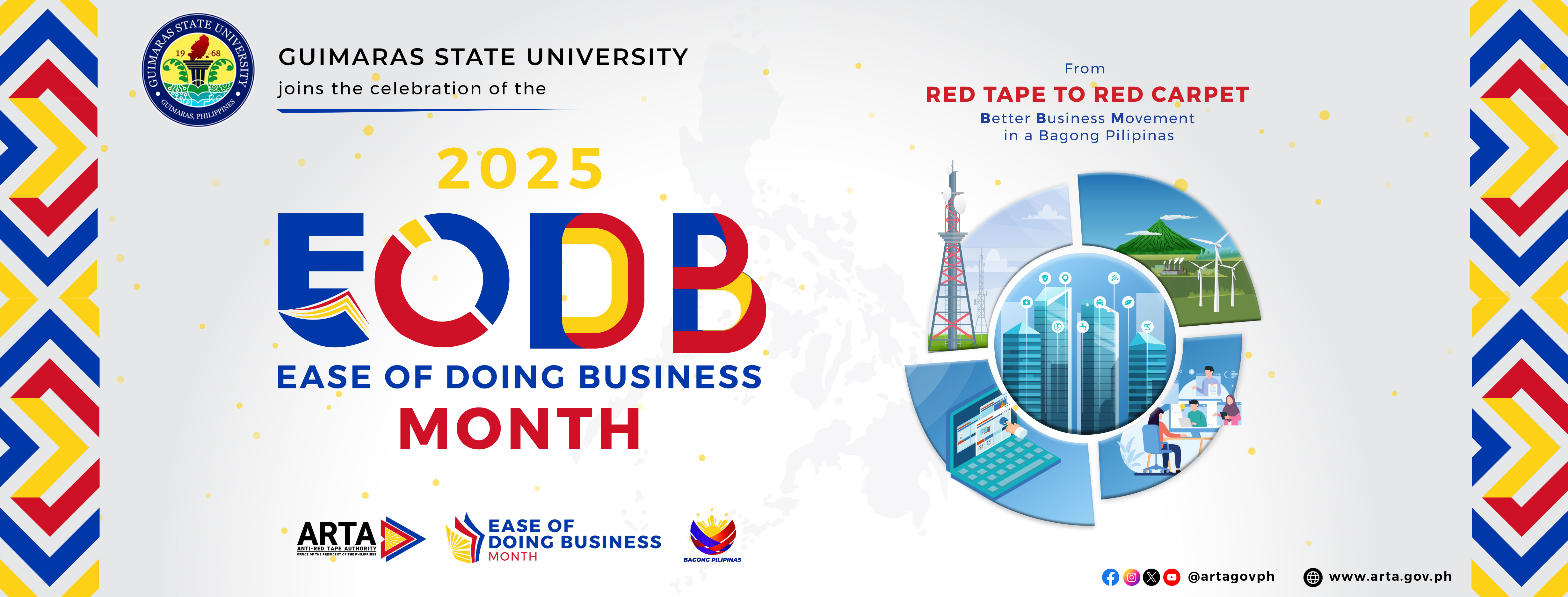The Training on Organic Feed Formulation and Utilization took place on June 15, 2023, in Maabay, Sibunag, Guimaras, as part of the Guimaras Livelihood Empowerment Program (GLEP). Organized by the Guimaras State University’s College of Agricultural Sciences and the Potato Systems Research and Training Center (PSRTC), this training aimed to educate local farmers on organic feed formulation and sustainable livestock management.
The event began with an opening ceremony and was followed by lectures on organic poultry and swine production, led by Ms. Erma T. Conde and Dr. Julius T. Vergara. The lectures covered essential topics, including the nutritional requirements of poultry and swine, as well as feed formulation methods using locally available materials. Participants learned how to produce homemade organic feed for poultry, swine, and small ruminants and explored sustainable farming practices that align with the animals’ natural behaviors.
A key highlight of the training was the practical demonstration of feed mixing and pelletizing, allowing participants to actively engage in the process. Dr. Vergara demonstrated the techniques for mixing different feed ingredients and operating a pelletizer machine, with attendees getting hands-on experience.
The event also facilitated collaboration through a Memorandum of Understanding (MOU) signing between GSU, PSRTC, and Guimaras Foursquare Gospel Church, underscoring the shared commitment to community development. The training concluded with a survey to identify community needs, certificates of appreciation for the participants, and a formal closing ceremony.
Overall, the training educated Farmers on organic feed formulation and sustainable livestock management. Farmers learned to create organic feeds using local materials and produce urea molasses mineral blocks to improve animal health. They also gained practical skills in feed mixing and pelletizing, enabling them to boost productivity, reduce costs, and enhance income through sustainable practices.




